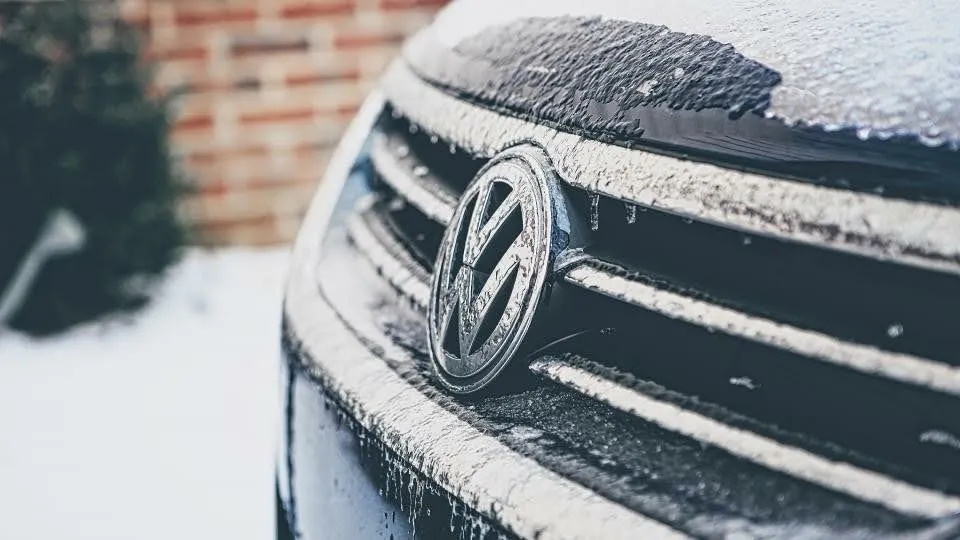The temperatures in Kentucky may not reach the same frigid lows as parts of the Northeast, but they can fall low enough to cause plenty of automotive troubles. In addition to occasional slick roads, cold temperatures can affect how your car drives and even make some maintenance and repair issues much worse.
Fortunately, these problems are also very predictable. You can help keep your car healthy in the winter by understanding how the cold weather affects your vehicle and taking appropriate precautions. In many cases, a little preparation and preventative maintenance can help you avoid disaster. Keep these three wintry car failures in mind as temperatures begin to plummet.
1. Dead Batteries
You may have read that cold weather kills batteries, but this isn’t entirely accurate. While plenty of motorists find themselves stranded with no power in the winter, the problem isn’t the cold. Instead, heat is what kills your battery. Lead-acid batteries utilize a chemical reaction to generate power, and heat is a significant factor in that specific reaction. Higher temperatures, therefore, diminish battery life.
So, why do batteries tend to fail in the winter? The answer is only partially related to the battery itself. Cold temperatures make your oil thicker and your gasoline less likely to evaporate. Additionally, the same temperature dependence that causes your battery to wear more quickly in the summer makes it perform more poorly in the winter.
These factors all mean that starting a car in cold weather is more challenging than in the summer. Your engine needs to overcome these hurdles to fire up, causing your starter to put more strain on your car’s battery. As a result, batteries weakened by summer temperatures are more likely to fail in winter weather.
However, you don’t need to wait for failure. Test your battery before winter arrives and replace it if necessary. The cost to replace a battery will always be less than the cost of getting stuck with a dead car, so prompt replacement is almost always the more budget-friendly option.
2. Reduced Oil Flow
Have you ever wondered why oil weights include two numbers, as in 5W30? Many people think the “W” stands for “weight,” but it actually stands for “winter.” A lower number indicates an oil with less viscosity, meaning that it’s thinner and flows better. Higher numbers are thicker but tend to be better at coating internal engine parts.
The two numbers tell you how the viscosity changes in cold weather. For example, a 5W30 oil has a much higher viscosity when warm. This difference is critical since oil naturally flows much worse when cold. Ideally, your oil needs to be thin enough to allow parts to move freely but thick enough to coat everything thoroughly and avoid unnecessary friction.
You don’t need to change your oil before the winter, but you need to know its viscosity rating. If you aren’t using an oil with a winter rating, you should switch to one if you intend to drive your car in cold temperatures. You may also want to schedule an oil service right away if you’re already past due for a change as winter approaches.
3. More Leaks
Gasket and seal failures are typical sources of leaks in older vehicles. Many of the gaskets in your engine use rubber or synthetic materials that become brittle in cold weather. Frequent heating and cooling cycles can accelerate the process that makes seals brittle by creating tiny cracks and reducing their effectiveness. The result is gaskets that are less effective at their only job: keeping fluids contained.
Your car’s fluids are all critical to its operation and safety, and there’s no such thing as a leak that you can ignore. You should be especially vigilant for signs of leaking fluids during the winter and address them when you notice a problem. Quick action can mean the difference between a relatively cheap seal replacement and a much more expensive repair.
If you want to make sure your car is ready for winter, Powers Transmissions is here to help. We can handle all your maintenance and repair needs to help keep you on the road through any temperature. Give us a call today to schedule your appointment!

